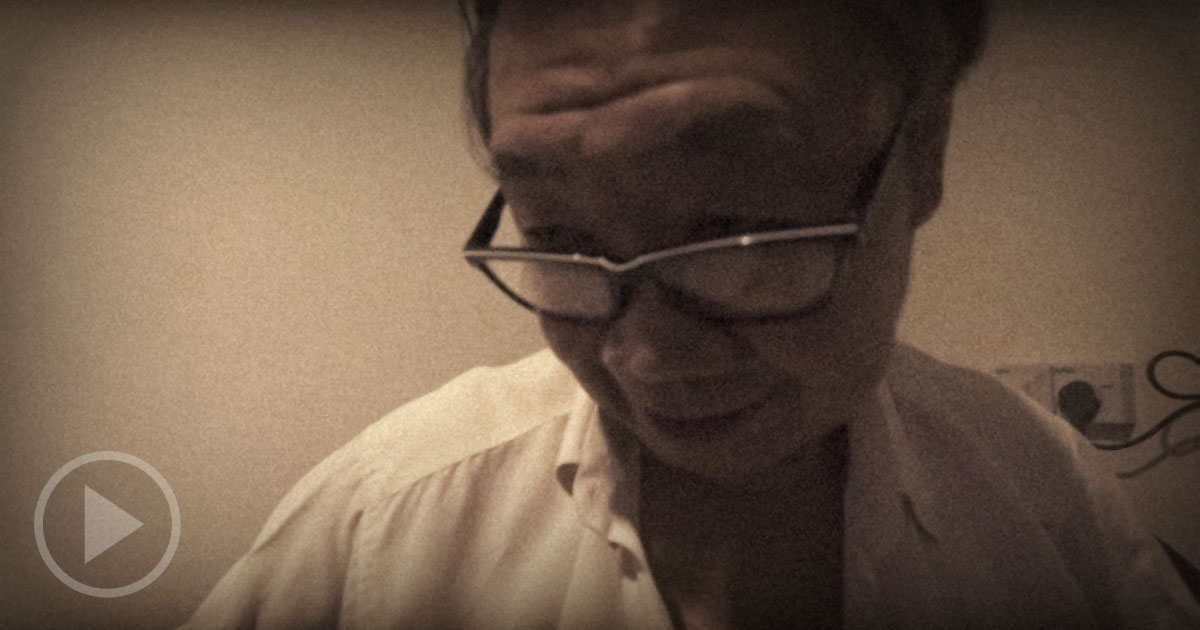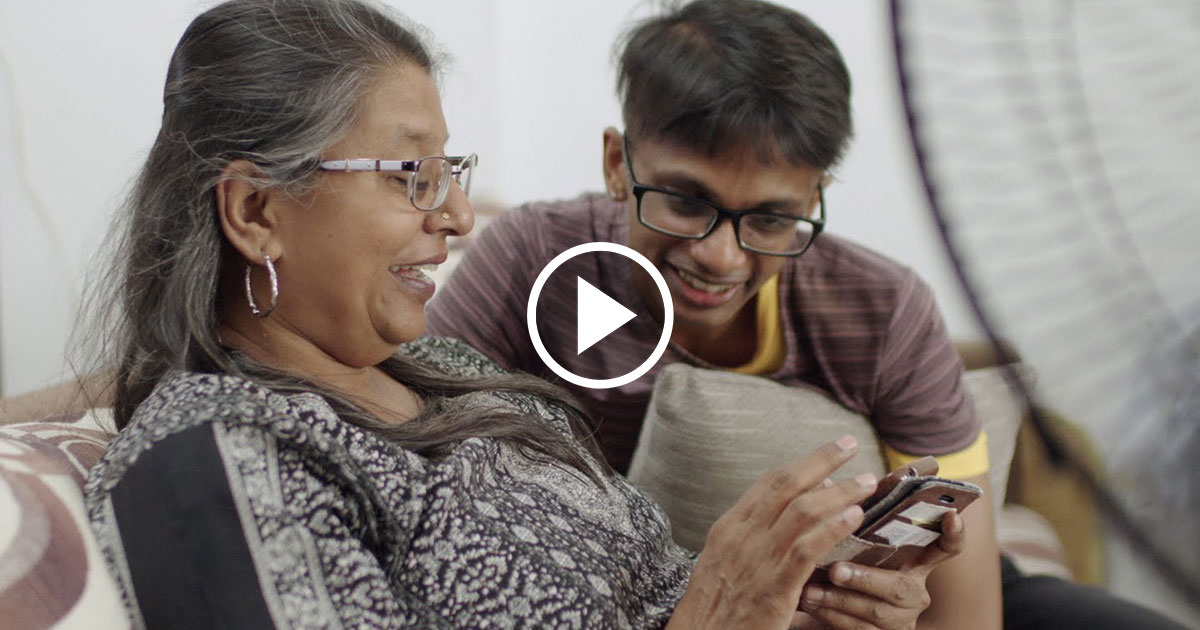
Should sex offenders be monitored?
The question before us is – should a sex offender convicted and who had served his sentence overseas be monitored upon return to Malaysia? This question has received mixed responses.
Some felt that he has paid for his crime and that he is a free man. Others felt that taking into account the nature of the offence committed, he should be monitored.
To help us understand the situation, we must ask ourselves as to whether the person is a threat to society. To consider this question we must consider the nature of the offence committed. In this case, it was rape and sexual abuse and the victims being young girls. In fact, it was reported that in one case that he could have sexually abused over 1,000 women. Therefore sexual offences are not to be equated with any other forms of crime. For one, it has to do with causing bodily harm.
We must understand that sex offences/paedophilia is a sickness of the mind and not any ordinary crime. So even after a person has served his sentence, it does not mean he is free of his mental health condition. Therefore, like any form of a contagious disease, preventive measures must be taken to ensure that such a form of crime is contained. This can be done by monitoring the convicted offender.
The monitoring does in fact act as a follow-up for the person to live a normal life and to control his craving to commit a sexual crime. The offence-specific treatment that research has shown to be most effective holds offenders accountable. It is based on the notion that if an offender can be taught to manage successfully his propensity to sexually abuse, he becomes less of a risk to past and potential victims.
Sex offenders must be monitored intensively during community supervision in order to evaluate their level of commitment to and compliance with all imposed special conditions. This supervision typically should include:
- Ensuring that the offender is actively engaged in and consistently attending an approved community-based treatment programme;
- Verifying the suitability of the offender’s residence and place of employment;
- Monitoring the offender’s activities by conducting frequent, unannounced field visits at the offender’s home, at his place of employment, and during his leisure time (eg, is he engaging in inappropriate, high-risk behavior such as collecting items that depict or are attractive to children?); and
- Helping the offender to develop a community support system – including friends, family members, and employers who are aware of the offender’s criminal history, are supportive of the community supervision plan, and can recognise the sex offender’s risk factors.
As such any convicted sex offender regardless if they are convicted in the country or overseas must be monitored for the benefit of himself and the possible future victims.
James Nayagam is the chairperson of Suriana Welfare Society Malaysia.
























